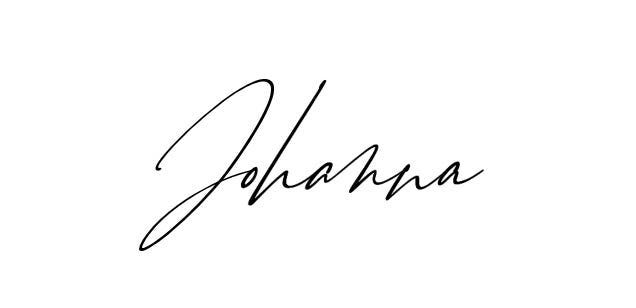Your First Call Is NOT a Sales Pitch
If you’re selling yourself on the first call, you’re doing it wrong
The first time you meet with prospective talent (or client, this process works for all scenarios), let’s set something straight: you are not there to convince them to work with you.
That first call is their audition.
It’s the chance for you to evaluate whether they’re a good fit for your roster — not the other way around.
And yet, I see so many talent managers spend the majority of that call explaining their services, listing brand partnerships they’ve secured, and essentially pitching their agency.
Here’s the problem:
When you start the relationship that way, you flip the power dynamic before you even start working together. You make it feel like you’re chasing them… when it should be the other way around.
Don’t be thirsty!
Why This Mindset Shift Is So Important
Your roster is your most valuable asset. Every person on it reflects your agency’s reputation, professionalism, and results. Adding someone to your roster isn’t a casual decision — it’s a business partnership. And if you’re a one woman show like me, those decisions carry A LOT of weight. Make them wisely.
And like any good partnership, both sides should bring value.
When you position that first call as an opportunity for them to show you they’re ready for management, you:
Set the expectation that this is a selective process.
Attract talent who respect your time and expertise.
Weed out people who are looking for someone to “save” them rather than partner with them.
What the First Call Should Look Like
This isn’t a sales meeting. It’s an interview.
You want to be curious, observant, and intentional.
Here are five areas I always dig into:
Their Business Goals/History
Question: “Where do you see your business in the next 12 months? How has business been the past 12 months? How much have you earned from paid collabs?”
Why it matters: If they can’t articulate a direction, you’ll be steering the ship alone. If they’re not already at a certain threshold, you just have an expensive hobby. 20% of nothing is still nada.
Brand Relationship Stories
Question: “Tell me about your favorite brand collaboration and why it worked so well.”
Why it matters: How they describe this tells you a lot about professionalism, communication, and gratitude.
Preparedness
Did they research you? Do they know what to expect of you or the role of a manager?
If not, that’s a red flag — because the same lack of prep will show up with brands.
Ownership of Results
Do they take responsibility for missed opportunities, or do they blame platforms, algorithms, or “bad brands”?
Someone who owns their role in outcomes will be easier to coach and more collaborative.
Communication Style
Is their energy rushed, vague, overly casual? Or are they clear, respectful, and engaged?
Communication is the backbone of brand relationships — if it’s shaky now, it won’t get better later.
What NOT to Do on That Call
Don’t walk through your full pitch deck. Nor your systems, or anything under the hood of your businessl
Don’t list every brand you’ve ever worked with.
Don’t offer to send over a management agreement before you’ve fully vetted them.
Don’t promise opportunities (“I could totally get you in with XYZ brand”) before you know if they’re a good fit.
The Litmus Test
When the call ends, I ask myself one simple question:
If this person emailed a brand tomorrow, would I be proud to have my agency name next to theirs?
If the answer isn’t an enthusiastic yes, they don’t make it to the next step.
Because here’s the thing — your time is your most valuable resource. When you stop selling yourself to prospective talent and start holding them to the standard of earning a spot on your roster, you protect your business, your brand, and your sanity.
Until next time,


